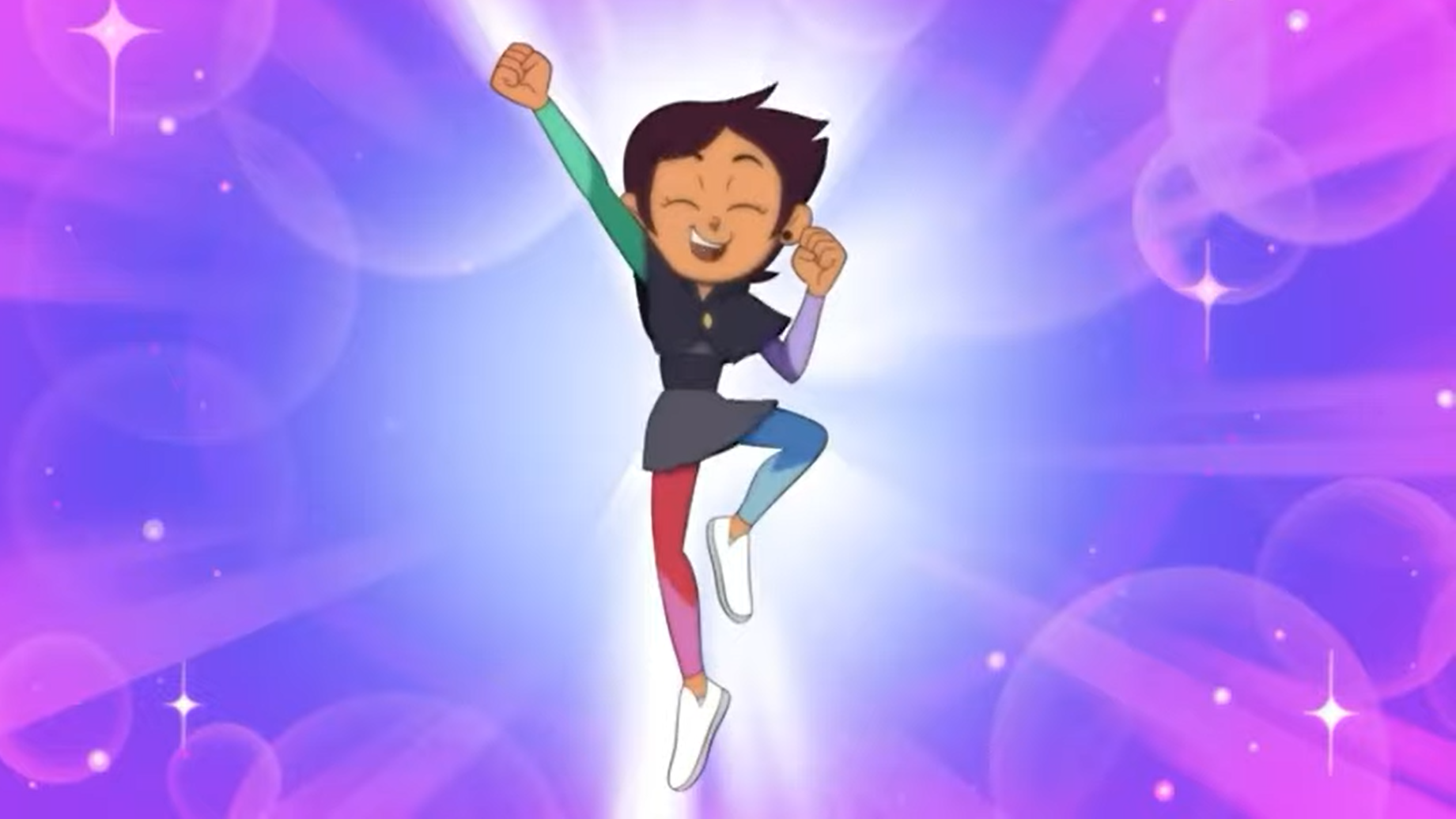“I’m gonna study everything!”: Bisexual Orientations in Dana Terrace’s The Owl House
Main Article Content
Abstract
Near the end of the episode “The First Day” of Dana Terrace’s The Owl House, the series’s protagonist, Luz, receives permission to study every subject. Having overthrown her magic school’s traditional one-track system, Luz confesses, “Maybe it’s crazy but I wish I could study a little bit of everything.” At this wish, Luz finds herself suspended in space; magic adorns her in motley-colored garments, indicative of her intended multitrack pursuits, against an abstract backdrop of blue, purple, and pink: unmistakably, at least for this bisexual viewer, the color of the bisexual flag. Even before Terrace confirmed the character’s bisexuality, I suspect many bisexual viewers already knew.
My knowledge was excitement; I felt an intense energy that responded simultaneously to what I witnessed on screen and within myself. Later I thought of coenesthesia, “the potential and perception of one’s whole sensorial being” (Carnal Thoughts 67), and how this scene’s coenesthesia collides with Luz’s realizing herself in terms of her multifaceted potential. Given that “we extend space differently based on how we are orientated in the world” (“Questions” 207), I seek to explore how this scene posits bisexuality as multi-directional and interdisciplinary. Furthermore, I seek to examine how, from my perspective as a twenty-some-year-old bisexual viewer who wishes she had this show years ago, this scene also speaks to bisexual temporal orientations. How can we read this scene, and ourselves, in relation to the history of bisexuality, traditionally located “in the past or future, but never in the present tense” (Angelides 194)?
Article Details

This work is licensed under a Creative Commons Attribution 4.0 International License.
Authors who publish with this journal agree to the following terms:
- Authors retain copyright and grant the journal right of first publication with the work simultaneously licensed under a Creative Commons Attribution License that allows others to share the work with an acknowledgement of the work's authorship and initial publication in this journal.
- Authors are able to enter into separate, additional contractual arrangements for the non-exclusive distribution of the journal's published version of the work (e.g., post it to an institutional repository or publish it in a book), with an acknowledgement of its initial publication in this journal.
- Authors are permitted and encouraged to post their work online (e.g., in institutional repositories or on their website) prior to and during the submission process, as it can lead to productive exchanges, as well as earlier and greater citation of published work (See The Effect of Open Access).

